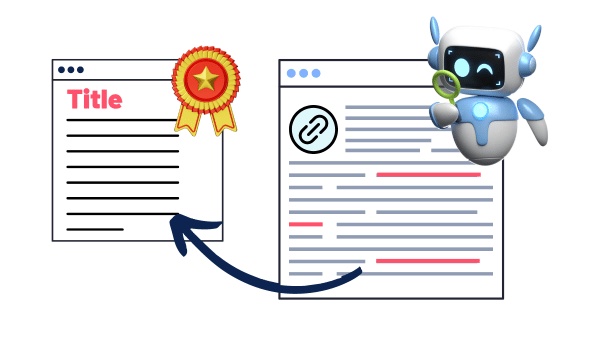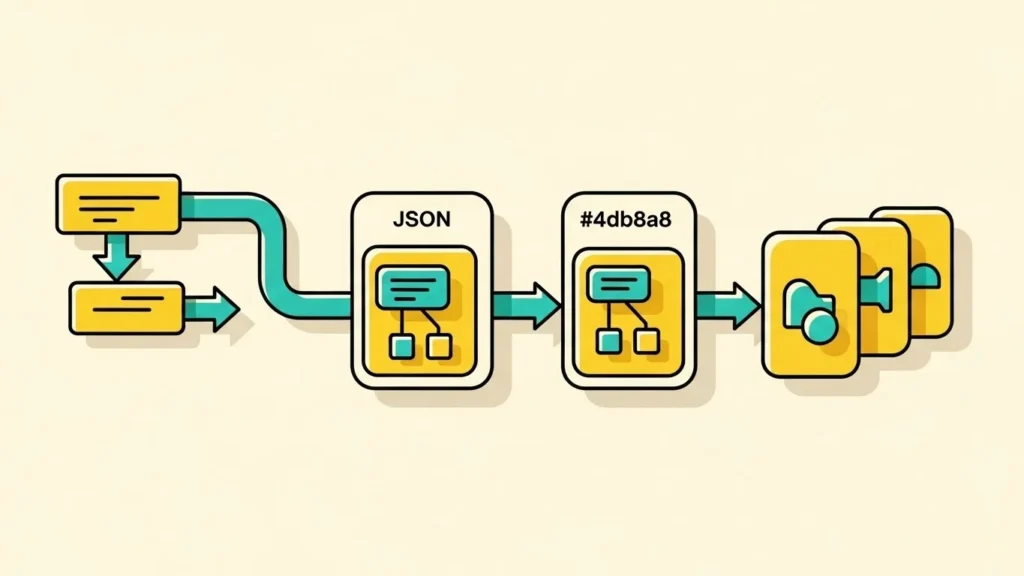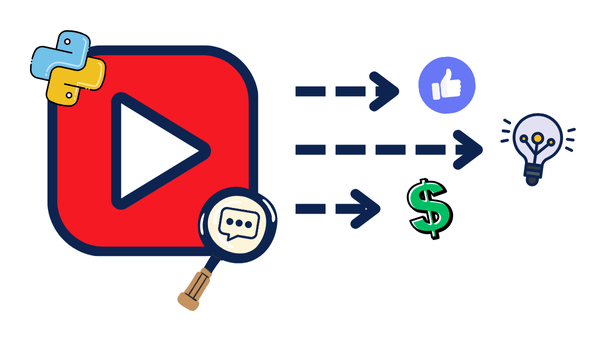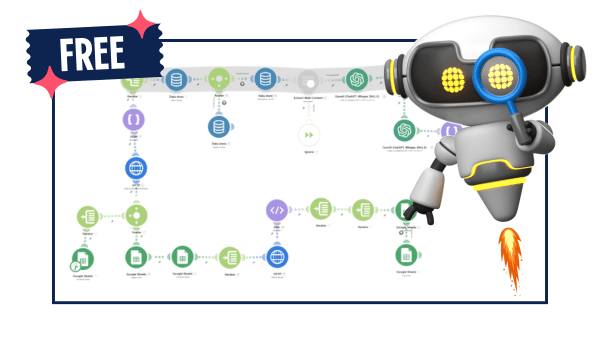Build AI Products 5X Faster With This New Technique [JIF Explained]

Last week I discovered JIF, and no, not the peanut butter 😂
While researching new ways to build AI-powered online businesses, I came across this method, and it completely changed how I build products.
JIF turns AI into an engine that builds products for you. Fast.
I used JIF to build ExplodingStartup, the apps library on SelfHostSchool, and dozens of tools on Toolerbox. It’s now part of almost every product I ship.
If you want to know what JIF is and how to use it to build your next product in minutes, keep reading. Or, if you prefer live examples, check my YouTube tutorial breaking every step down:
What Exactly Is JIF?
JIF stands for JSON Intelligence Framework.
Here’s the simple breakdown:
JIF = AI Model + Web Search + JSON Output
Instead of prompting AI the old way and getting unstructured, mostly useless text back, you:
- Connect the AI to a web search tool
- Force it to output a structured JSON format that you define
- Use that live data to power any application
This turns any AI prompt into real, updated, structured data you can plug directly into apps, databases, and workflows.
If that sounds too abstract, let me show you four real examples.
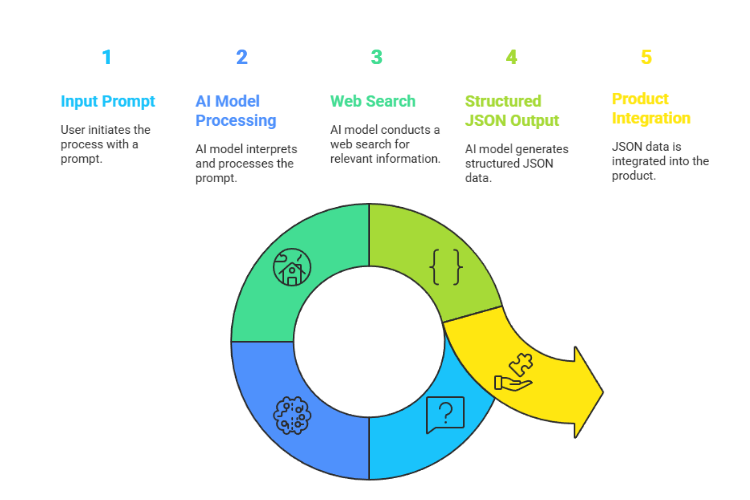
Example 1: Building Data Libraries in Minutes
On SelfHostSchool, I have a full library of self-hosted and open-source applications.
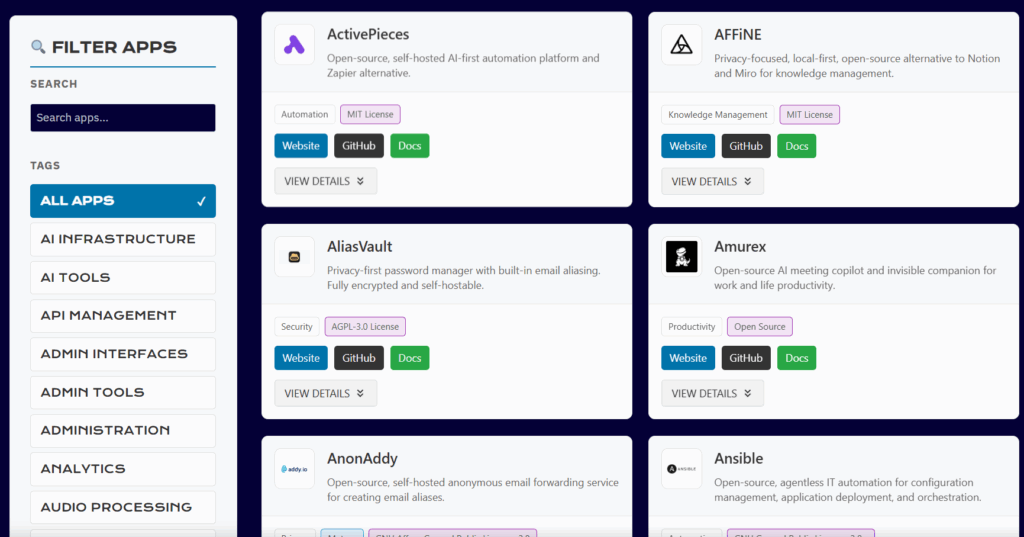
Click on any app and you get complete details: descriptions, GitHub links, website URLs, logos, everything.
I’m also building a library of VPS companies. Same deal: full structured data for each provider.
Here’s how I do it with JIF.
The Process
I built a simple project on Claude (you can do the same on ChatGPT or your preferred LLM), and I called it “VPS Provider JSON Generator.”
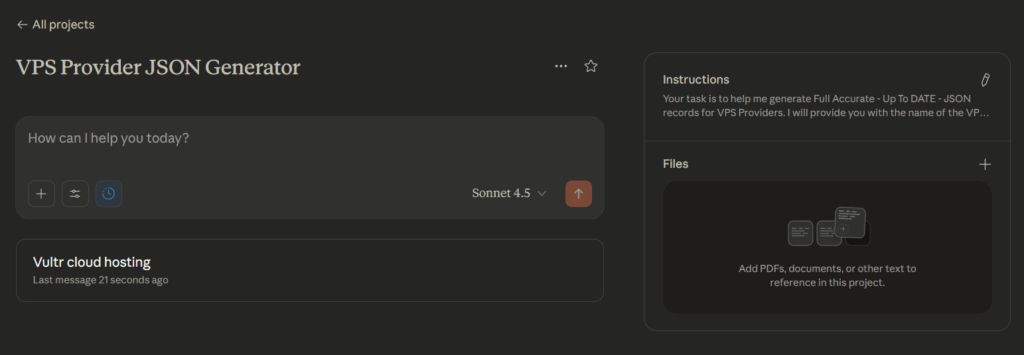
Its main functionality is to take any VPS company name, search the web, get me up-to-date data about the company, and fill all the details in a JSON schema provided in the prompt. Here’s the exact instruction I’m giving it:
Your task is to help me generate Full, Accurate, and Up-To-Date JSON records for VPS providers.
I will provide you with the name of the VPS provider company, and you will search the web when needed to gather the correct and current information, then generate the JSON using the exact same structure as in the example below. (DO NOT ADD OR REMOVE ANY FIELD — 100% IDENTICAL)
{
"provider": "DigitalOcean",
"logo_url": "https://www.digitalocean.com/assets/media/logos-badges/DO_Logo_horizontal_blue.svg",
"starting_price": 4.00,
"currency": "USD",
"plan_snapshot": {
"cpu": "1 vCPU",
"ram": "512 MB",
"storage": "10 GB SSD",
"bandwidth": "500 GB"
},
"locations": ["USA", "Canada", "UK", "Germany", "Netherlands", "Singapore", "India", "Australia"],
"uptime_sla": "99.99%",
"support": "24/7 ticket support, community forums",
"ease_of_use": "Developer-friendly with intuitive UI, API, CLI, and Terraform",
"best_for": ["Developers", "Startups", "Small to medium businesses", "SaaS applications"],
"highlight_feature": "Simple, predictable pricing with free monitoring and bandwidth",
"overall_score": 4.5
}
That’s it. Three ingredients:
- AI model (I use Claude)
- Web search capability
- Forced JSON structure
Now, if I type, for example, Digital Ocean and hit run, the AI will search the web, collect up-to-date data, and generate the exact JSON I need.
I copy that JSON, paste it into my WordPress plugin (check out my video on building libraries with WordPress if you’re curious), and boom.
Digital Ocean is now in my library with logo, pricing, features, everything.
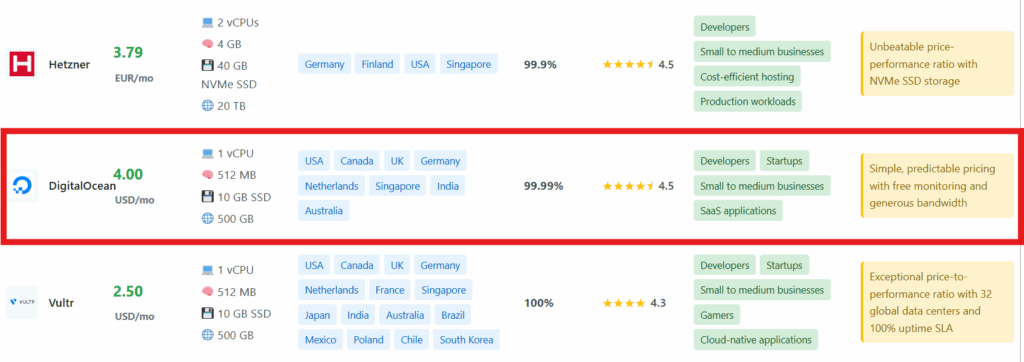
No manual data entry. No hours of research. Just structured data in seconds.
Example 2: Powering Up Research and Scoring Systems
Let me show you something more advanced.
I wanted a way to find YouTube keywords with real search data, like the search volume and ranking difficulty of keywords on YouTube.
The problem is, YouTube doesn’t actually provide this data for its searches.
So I built my own solution on Toolerbox: a YouTube keyword research tool powered by my own algorithm logic that estimates search volume and difficulty.
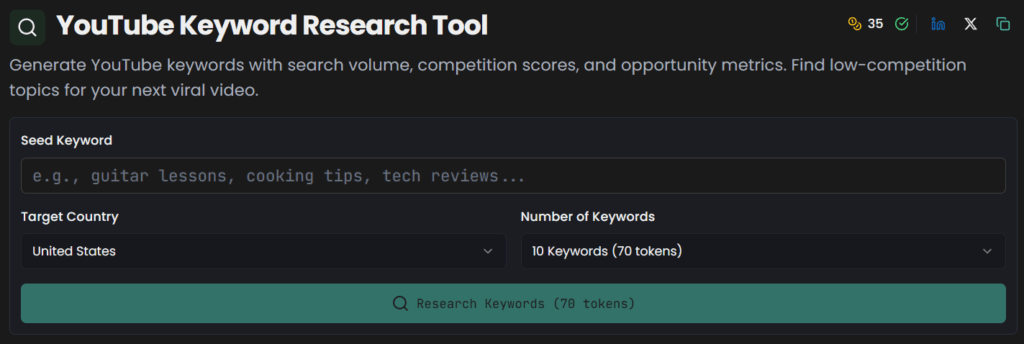
The Secret Sauce
To calculate these metrics, I collect data from multiple sources:
- Google Trends
- YouTube signals
- View counts and engagement rates
Not only that, I built a personal internal tool just for me that gives me an AI analysis using JIF.
I give the keyword to an AI model (with web search enabled) and force it to return a structured JSON containing:
- Trend freshness
- Viral potential
- Seasonal patterns
- Content saturation
This transforms my keyword tool from a basic data scraper into something that actually understands why a topic is performing, not just how much.
If you want to try it, here’s the exact prompt that runs this analysis 👉 Full Prompt
Example 3: Using JIF With Python (For Developers)
If you love Python like I do, here’s how you can use JIF programmatically.
You can use web search as a tool directly when you use the OpenAI Python library.
Here’s a basic example:
from openai import OpenAI
client = OpenAI(api_key="sk-proj-3_oBTnrOfa7T6D9B2S7UezCcE5gTio-4d3cQaNVelUJnlwmb5Psy0w3geVKFQ7aA_nWXuFxl7mmT3")
response = client.responses.create(
model="gpt-4o",
tools=[{"type": "web_search"}],
input=f"Search and score brain-computer interfaces from 0-100 on trend, controversy, and innovation. Return JSON only without explanation"
)
print(response.output_text)
When you run this, instead of getting plain text, you get structured JSON with live web data.
The output includes scores, lists, nested objects—whatever structure you define.
This can power apps, dashboards, APIs, automation workflows… anything.
For No-Code Builders
You can use tools like n8n to do the same thing.

Simply:
- Add an HTTP Request node
- Call the OpenAI API
- Add web search as a tool
- Define your JSON structure in the prompt
- Execute
You’ll get JSON output you can use in any workflow.
If you want to copy this exact flow, it’s explained in the YouTube video here.
Example 4: My Favorite, ExplodingStartup
I launched ExplodingStartup about a month ago.
It’s a library of 179+ validated business ideas with full analysis reports, that is updated weekly.
Without JIF, I couldn’t have built this.
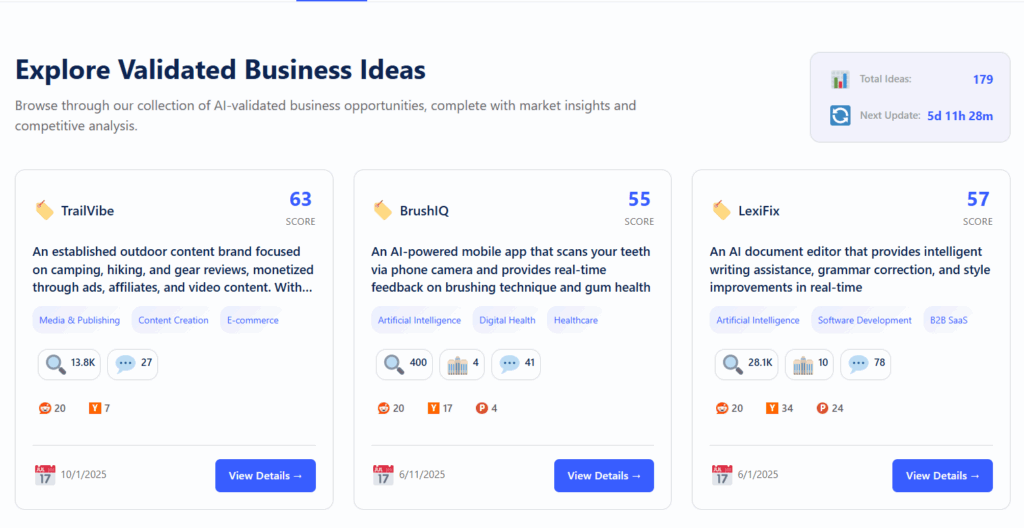
Each business idea includes:
- Market validation scores
- Competition analysis
- Revenue potential
- Difficulty ratings
- Target audience insights
- Growth trends
Click on any idea and you get a detailed report with actionable data.
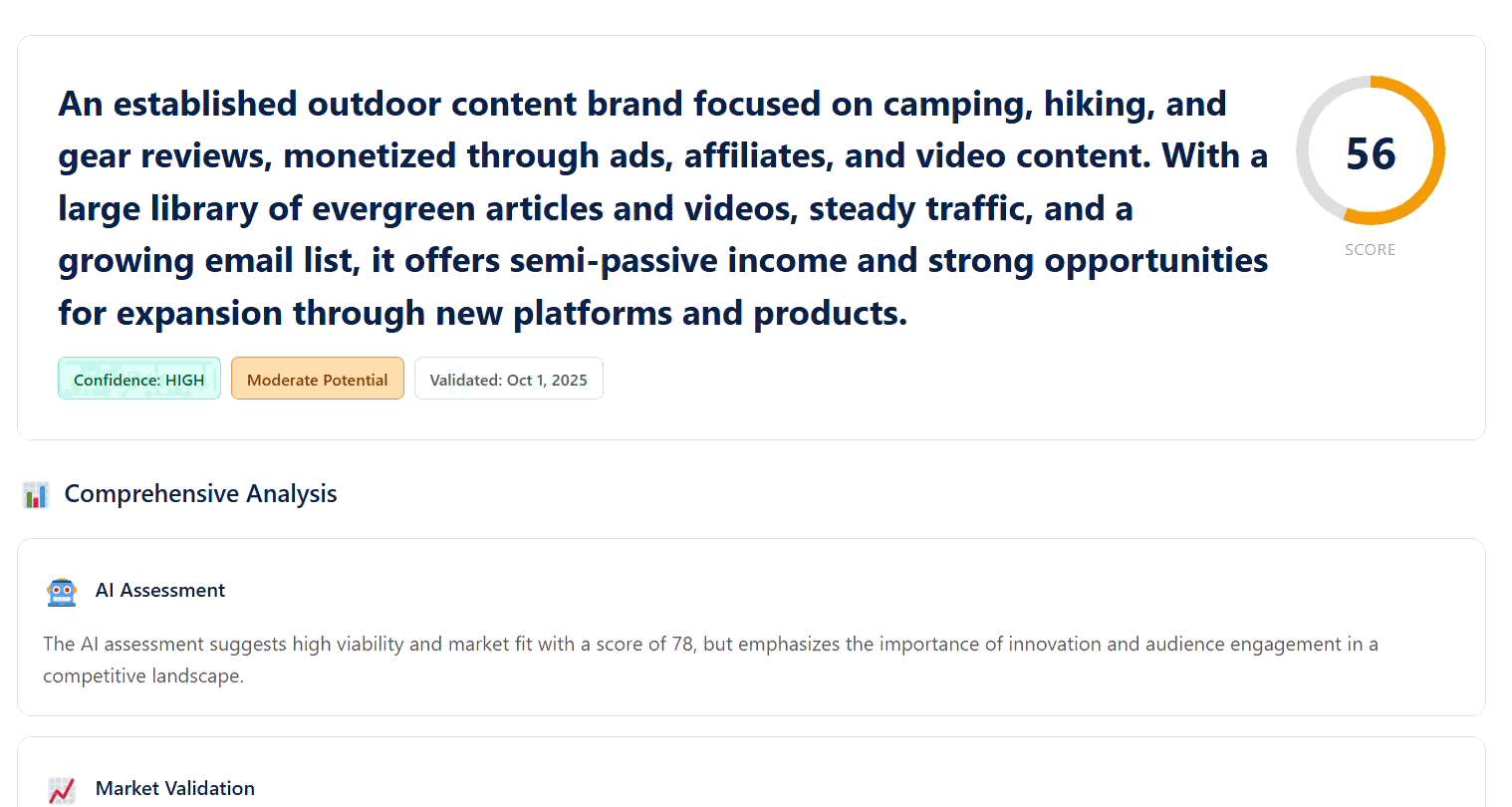
How I Built This
Think about it. If I had to manually research and validate each idea, it would take a week per idea.
Thanks to JIF and the automation logic I built, this system now runs itself.
Every week, the system automatically:
- Identifies new business ideas
- Searches the web for validation data
- Scores each idea using my framework
- Generates full reports
- Adds them to the site
To be honest, it’s not only JIF behind this. It took me a month to build the full automation logic.
But JIF is one of the core components that make this possible. Every single data point you see, market size, difficulty score, revenue potential, is the output of JIF, powered by web search and some other techniques I developed.
I’m not keeping this secret either. I revealed the full process in my Validation Guide on ExplodingStartup.
You can read exactly how I built this system, step by step.
Want to See JIF in Action?
If you want to see this in action and build a real business using JIF with no code and no budget, check out this video, where I show you the easiest online business to start with no code and no investment.
I walk through building a complete business from scratch using this technique. That’s the power of JIF.
Questions? Want to discuss JIF? Drop a comment on the YouTube video or join my FREE community.



